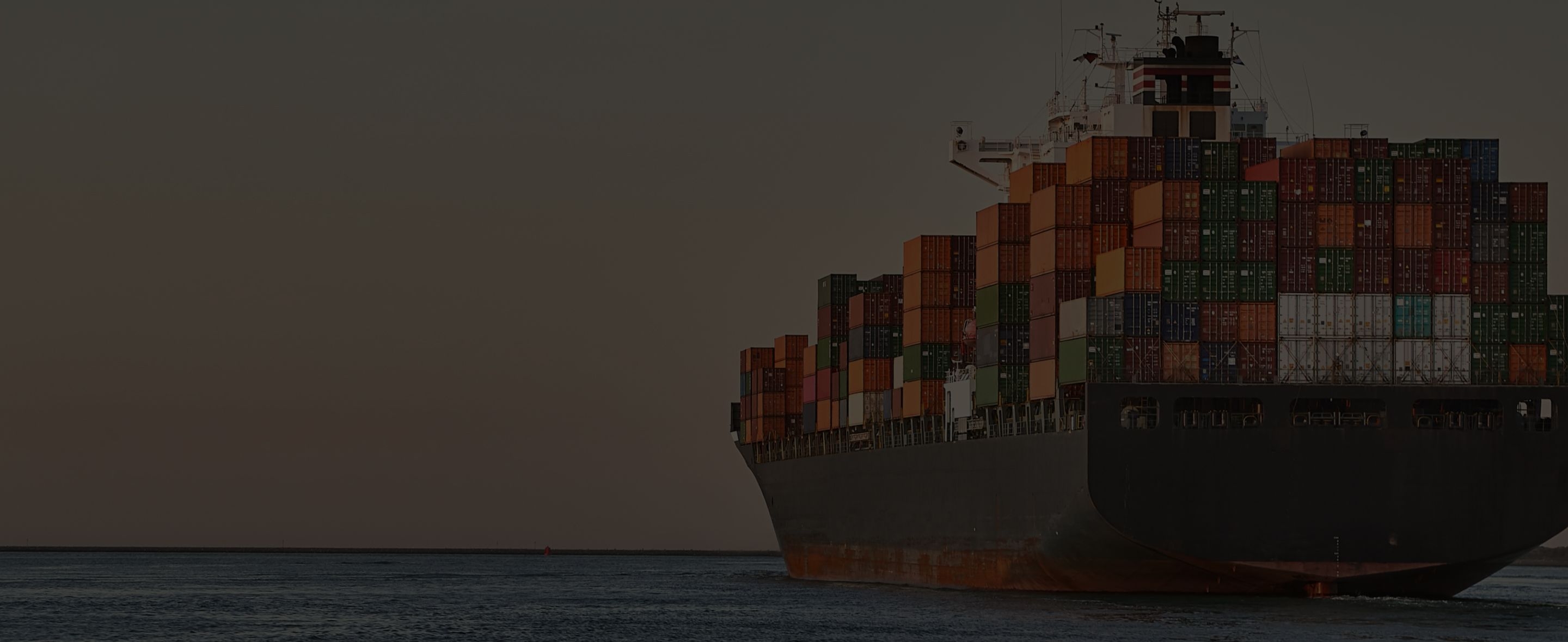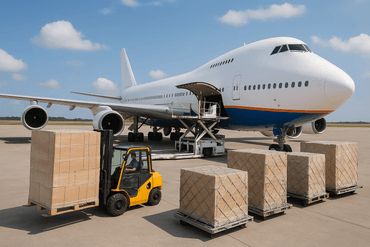
No shows in ocean freight



In recent years, the shipping industry has been dealing with a problem that continues to grow. When scheduling an ocean freight, the intent to follow through with the shipment is obvious. But there are times when containers that are scheduled don’t show up to the vessel. When that happens, there are no negative consequences for the container not showing up.
However, this can cause huge costs for the carrier in this situation. To fill empty space, carrier’s lower rates as a last-ditch effort which can cause them to lose money. When flying on an airplane, prices tend to go up at the last minute. But container shipping has yet to begin such a transition.
What qualifies as no shows in ocean freight?
When space is short, shippers start to double book with multiple carriers to make sure they can send their shipment. Cancellations and no-shows can cause the carrier to deliver shipments under capacity. For the cargo to arrive at the destination on time, it has to depart on time. At times, there are vessels that are fully booked but only sailing at 90% capacity due to no shows. This is a lot of revenue for the carriers. In previous years, when the European economy was stronger, this trend would happen in the US every single spring. In 2008 when the US export market boomed due to a weak dollar, there was a dramatic rise in US no shows.
Carriers would overbook their vessels and cargo would roll over. This sometimes lasts for weeks because the congestion could get so bad on the cheaper carriers. At the time, the G6 Alliance carriers would often sail to Europe stock full for $600. While larger carriers like MSC and Maersk would stay at rate levels above $1000. They were able to sell their services because they had space, where the others had a 3 to 8 week wait time to get on a vessel. Just because of overbooking vessels.
“For every four bookings we get, there are only three containers showing up. This creates all kinds of trouble for everyone. These are the types of things that drive cost up for everyone,” Hapag-Lloyd CEO of Habben Jansen said, calling the issue “one of the industry’s major inefficiencies.”
Steps to resolving no shows
Ocean carriers are attempting to minimize the damage by creating heavy penalties. But no one takes this seriously enough. Containers not arriving on time can be due to a number of causes. This includes delays with inter-modal transport, regulatory problems, unexpected production difficulties, container equipment shortages, and feeder vessel schedule failures. All of which makes strict enforcement of late cancellation fees difficult. Especially without proof of what is fact or fiction.
As for late fees, the Federal Maritime Commission (FMC) has not been able to stand firm on this growing issue. In order to bill shippers in the US, carriers would have to file them through the FMC. Once filed, they could still struggle to collect those charges. That customer may just choose to use someone else going forward and avoid that carrier they missed shipping deadline with, so the collection of no shows charges may be costly to enforce.
Possible solutions for the no shows issue
There is way too much inefficiency in container shipping, and it benefits no one. As carriers become fewer with mergers and larger organizations come about, there inevitably will be many changes. Addressing the issues of no shows will surely be one of them.
“Until we see an improvement in the reliability, it is going to mean that we have to carry more inventory, and (deal with) other issues that are associated with delays,” John McCauley, Vice President of Transportation and Logistics at Cargill, said at TPM Asia. “The carriers will have to accept they will be responsible for delays. Some of the factors are out of carriers’ control. But they will have to review the way they do business and limit the delays.”
As of now, there is nothing being enforced across the shipping industry to resolve the no shows and double booking issues. The best solution seems to be making the shipper pay in advance when placing a booking. That would force shippers to either deliver or roll over cargo in time. It has been discussed several times. But carriers are still hesitant to take that step.
Related Articles


